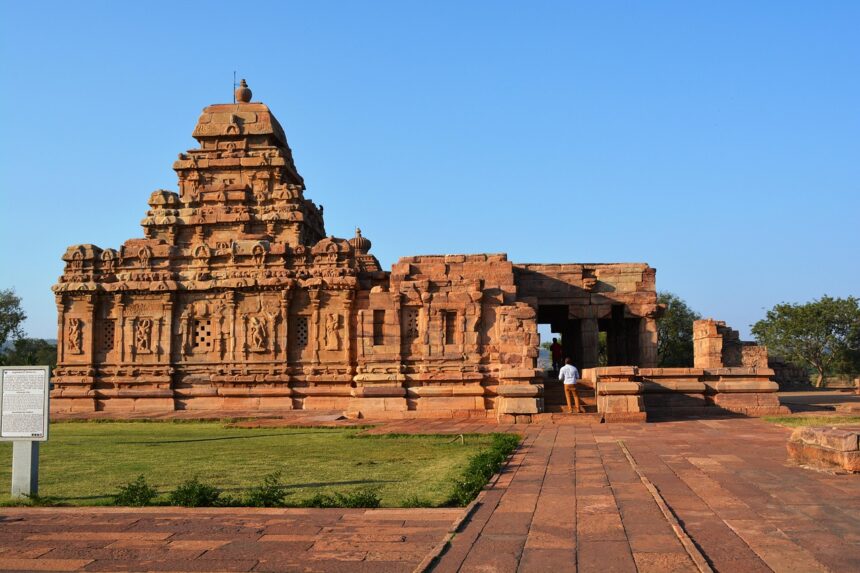Key Metrics:
- Lok Sabha Seats: 28
- Rajya Sabha Seats: 12
- Population: Approximately 67 million (2025 estimate)
- GDP Contribution: ₹18.03 lakh crore (FY 2023-24)
- Urbanization Rate: 38.6%
- Major Economic Sectors: Information technology, biotechnology, aerospace, and electronics
Bengaluru, 2025 — Karnataka, a state celebrated for its rich cultural heritage and at the same time recognized as a global technology hub, stands at the crossroads of tradition and modernity. This juxtaposition is not only evident in its economic landscape but deeply ingrained in its political ethos. Karnataka’s political arena reflects a unique synthesis of traditional values and modern governance, influencing its policy-making and development strategies. This article explores how Karnataka’s politics harmoniously blends these elements, shaping its identity and future.
Cultural Foundations in Political Leadership
- Historical and Cultural Influences
- Diverse Cultural Tapestry: Karnataka’s politics is deeply influenced by its rich diversity, including major linguistic communities like Kannadigas, Konkanis, and Tuluvas, and religions that shape its socio-political landscape.
- Legacy of Progressive Thought: Influenced by historical figures like Basavanna and modern reformers like Kuvempu, Karnataka’s politics has a strong foundation in social justice and equality, impacting contemporary policy decisions.
- Traditional Governance Models
- Panchayat Raj: The state’s robust local governance system, rooted in traditional ‘panchayat’ models, has been modernized to empower rural communities, reflecting a blend of tradition and contemporary democratic principles.
- Cultural Festivals and Politics: Traditional festivals and public events are often platforms for political engagement and discourse, showcasing a blend of cultural pride and political activity.
Modern Political Dynamics and Innovations
- Technology in Governance
- E-Governance Initiatives: Karnataka was among the first in India to adopt e-governance, streamlining public services and making government more accessible to the tech-savvy population of the state.
- Digital Empowerment: The state’s policies to enhance digital infrastructure, particularly in rural areas, demonstrate modern governance that still respects traditional community structures.
- Policy Innovations Reflecting Modern Values
- Sustainable Development: Embracing modern environmental values, Karnataka has pioneered policies in sustainable urban planning and green energy, particularly in solar and wind power.
- Education and Healthcare: Modernizing the traditional focus on education, the state has introduced policies that emphasize digital literacy and tech integration in education, along with advanced healthcare initiatives.
Challenges in Bridging the Gap
- Balancing Act
- Urban-Rural Divide: While cities like Bengaluru surge ahead in technology and modern industries, ensuring that rural areas are not left behind requires policies that integrate traditional agricultural economies with modern markets and technologies.
- Cultural Preservation vs. Modernization: Balancing rapid technological advancement with the preservation of Karnataka’s rich cultural heritage poses a continuous challenge for political leaders.
- Political Tensions
- Communal Harmony: In a state with diverse religious and cultural groups, maintaining communal harmony amid modern political and social challenges is crucial.
- Resource Management: Traditional practices in agriculture and natural resource management often clash with modern industrial demands, requiring careful political mediation.
Future Outlook: Merging Paths for a Unified Growth
- Inclusive Development Strategies
- Technology-Enabled Cultural Preservation: Leveraging technology to preserve languages, arts, and traditional practices could be a key area of development.
- Holistic Education Policies: Bridging traditional education methods with modern curricula to equip the younger generation for the global economy.
- Political Leadership for a Modern Karnataka
- Youth and Women in Politics: Encouraging more youth and women to participate in politics can bring fresh perspectives that fuse traditional values with modern governance ideals.
- Global and Local Balance: Navigating global influences while catering to local needs will be critical for Karnataka’s political leaders, ensuring that the state’s growth benefits all segments of society.
Conclusion: Karnataka’s Unique Political Journey
Karnataka’s ability to bridge tradition with modernity in its political discourse sets it apart and positions it as a model for other states. As Karnataka continues to evolve, its leadership faces the task of harnessing this duality to foster a cohesive, inclusive, and progressive society that respects its roots while boldly facing the future.


Leave a Reply